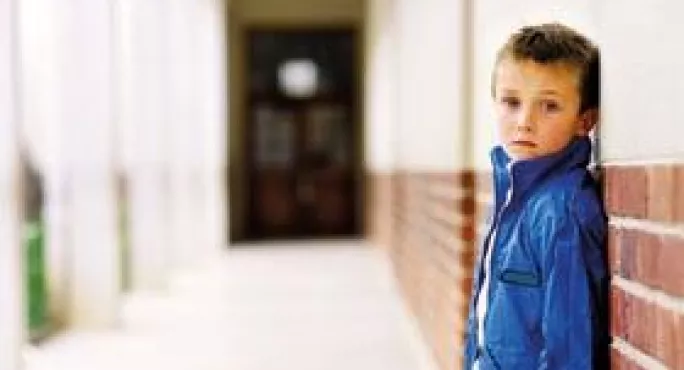Infants should never be expelled, claims tsar

It is a fact, shocking to many, that teachers in English schools permanently exclude children as young as 4. Around 620 pri-mary-age pupils were permanently excluded in 2009-10, the last year for which data are available, of whom 100 were under 7.
Now, the children’s commissioner has called for this punishment to be brought to an end for primary-age children.
Maggie Atkinson’s major report into the use of exclusion, published earlier this week, says that no primary school should permanently expel a child under 7, and that there should be a “presumption against” expelling any child from junior school.
Ms Atkinson called for new statutory guidance to enforce this policy. She also wanted every decision to permanently exclude a primary-aged pupil to be independently reviewed, “regardless of whether a review is requested by the child’s parents or carers”.
Carl Parsons, visiting professor of social inclusion studies at the University of Greenwich’s centre for children, schools and families, backed Ms Atkinson’s recommendations, saying the exclusion of young pupils was “tragic”.
“Schools are given a duty of care, and if primary-aged pupils are exhibiting this kind of behaviour their needs are not being met,” he said. “Stopping exclusion doesn’t mean teachers can’t remove them from the classroom. They need to find the child a caring space where they can continue their education in school.”
Former behaviour tsar Alan Steer also agreed. “Headteachers say the only way they can get children’s special needs met in primary schools is to exclude; that’s nonsense,” he said. “In an ideal world, children showing difficulties early on in their education would get help so exclusion was not needed.”
However, a spokesman at the Department for Education told TES: “Exclusion rates are already very, very low in infant classes, so we think these proposals would be a sledgehammer to crack a nut.” Instead, the government wants headteachers to have control. “No head excludes lightly and it is always a last resort - it is right that they set and enforce discipline policy in their own schools,” the DfE spokesman said.
“All exclusions need to be legal, reasonable and fair - and by law, governing bodies must formally set out pupils’ rights to appeal. It is down to parents to judge whether or not to appeal.”
Unusually, perhaps, the government has found support from unions. Russell Hobby, general secretary of heads’ union the NAHT, said primary school leaders would want to retain the option of exclusion, even though it would be a “last resort”, because younger children with behavioural problems could pose just as big a risk to teachers and other pupils as those who were older.
“School leaders use the principle of harm to decide whether or not to exclude - is the pupil harming themselves or others? I don’t think you can say that a 5-year-old isn’t going to be as much danger as a 10-year-old,” he said.
And Christine Blower, general secretary of the NUT, also said that primary headteachers should be able to exclude.
“By convention there is already a presumption against exclusion in primary schools, as reflected by the low numbers,” she said. “Headteachers exhaust all other possible remedies before they consider exclusion and where they do choose the option, it is because that primary school is no longer the appropriate setting for that child.”
Greater scrutiny Maggie Atkinson’s recommendations
Keep reading for just £1 per month
You've reached your limit of free articles this month. Subscribe for £1 per month for three months and get:
- Unlimited access to all Tes magazine content
- Exclusive subscriber-only stories
- Award-winning email newsletters
